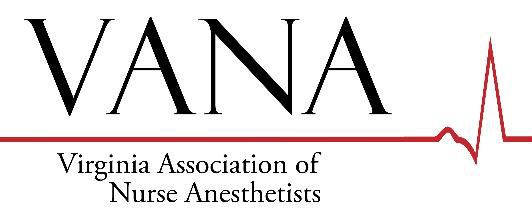Ask your Representative to cosponsor the “ICAN Act” today!
The Improving Care and Access to Nurses (I CAN) Act removes barriers to care and increases access to services provided by advanced practice registered nurses (APRNs) under the Medicare and Medicaid programs. The bipartisan legislation was introduced last month by Representatives Lucille Roybal-Allard (D-CA) and David Joyce (R-OH).
APRNs are prepared at the masters or doctoral level to provide primary, acute, chronic and specialty care to patients of all ages and backgrounds, and in all settings. APRNs include nurse practitioners, nurse anesthetists, nurse-midwives, and clinical nurse specialists, and all play a pivotal role in the future of health care. They provide health care to patients in all settings and geographic areas, often in rural and underserved community-based settings. APRNs treat and diagnose illnesses, advise the public on health issues, manage chronic disease, provide care during pregnancy, childbirth and the postpartum period, order and interpret diagnostic tests, prescribe medication and non-pharmacologic treatments, as well as engage in continuous education to remain ahead of any technological, methodological, or other developments in the field. As of 2020, over 233,000 APRNs treated Medicare patients and approximately 40% of Medicare beneficiaries received care from an APRN. This makes it essential that Congress removes barriers to care for APRNs and their patients.
In 2010 the Institute of Medicine (IOM) issued The Future of Nursing: Leading Change, Advancing Health, which called for the removal of laws, regulations, and policies that prevent APRNs from providing the full scope of health care services they are educated and trained to provide. In 2021, this position was reaffirmed by the National Academies of Science, Engineering and Medicine (previously named the IOM) in their 2021 The Future of Nursing 2020-2030: Charting a Path to Achieve Health Equity report which recommended that “all relevant state, federal and private organizations enable nurses to practice to the full extent of their education and training by removing practice barriers that prevent them from more fully addressing social needs and social determinants of health and improve health care access, quality, and value.” These recommendations have been echoed by multiple other bipartisan stakeholders such as the American Enterprise Institute, the Brookings Institution, and the Bipartisan Policy Center.
Despite the recognition of the importance of APRNs to our health care workforce, some federal statutes and regulations, state practice acts, and institutional rules remain which require physician oversight or otherwise limit APRN practice. These laws and regulations prevent APRNs from practicing to the full extent of their education and clinical training, reduce access to care, create disruptions in care, increase the cost of care, and undermine efforts to improve the quality of care.
The purpose of this bill is to increase access, improve quality of care, and lower costs in the Medicare and Medicaid programs by removing federal barriers to practice for APRNs, consistent with the recommendations of NASEM and other bipartisan stakeholders. We urge you to support this legislation which will move our health care system forward in an effective and efficient manner that will benefit patients and providers
Click here to ask your representative to cosponsor the “ICAN Act” today!

